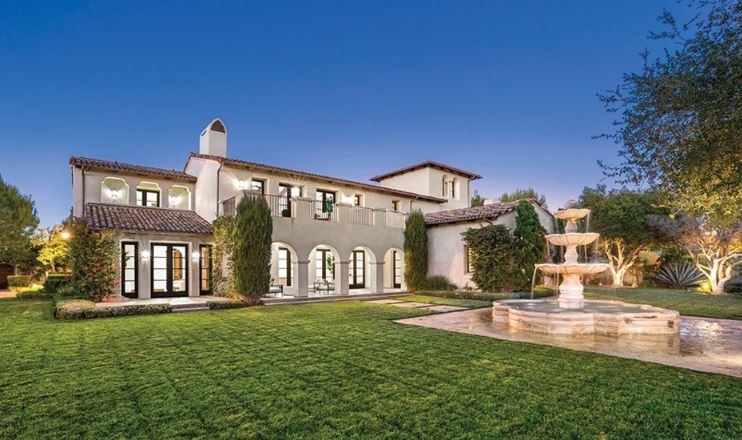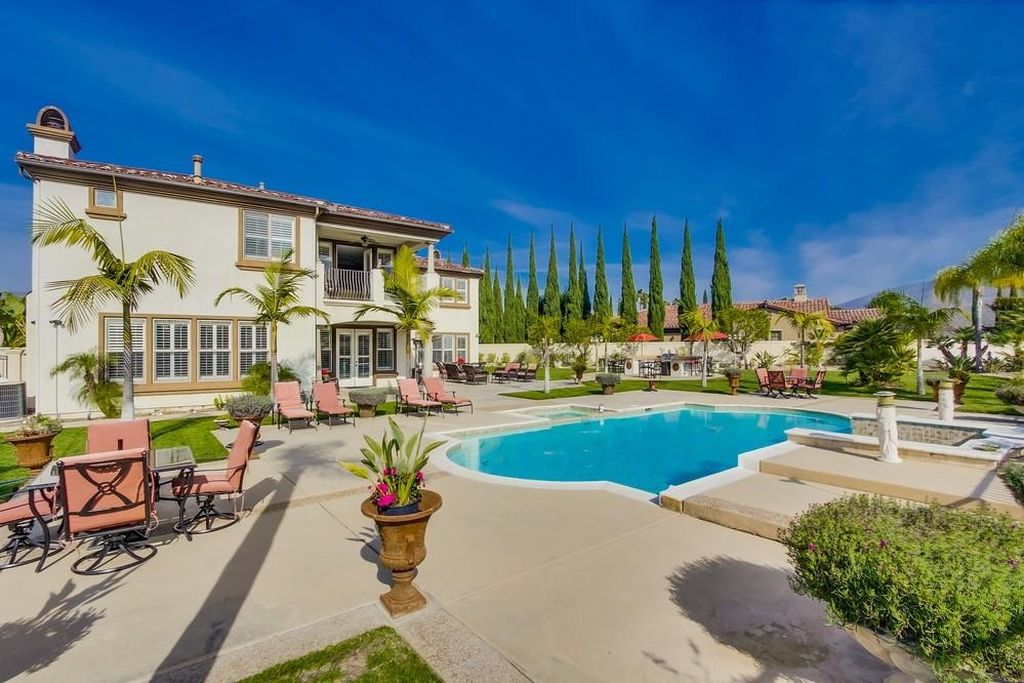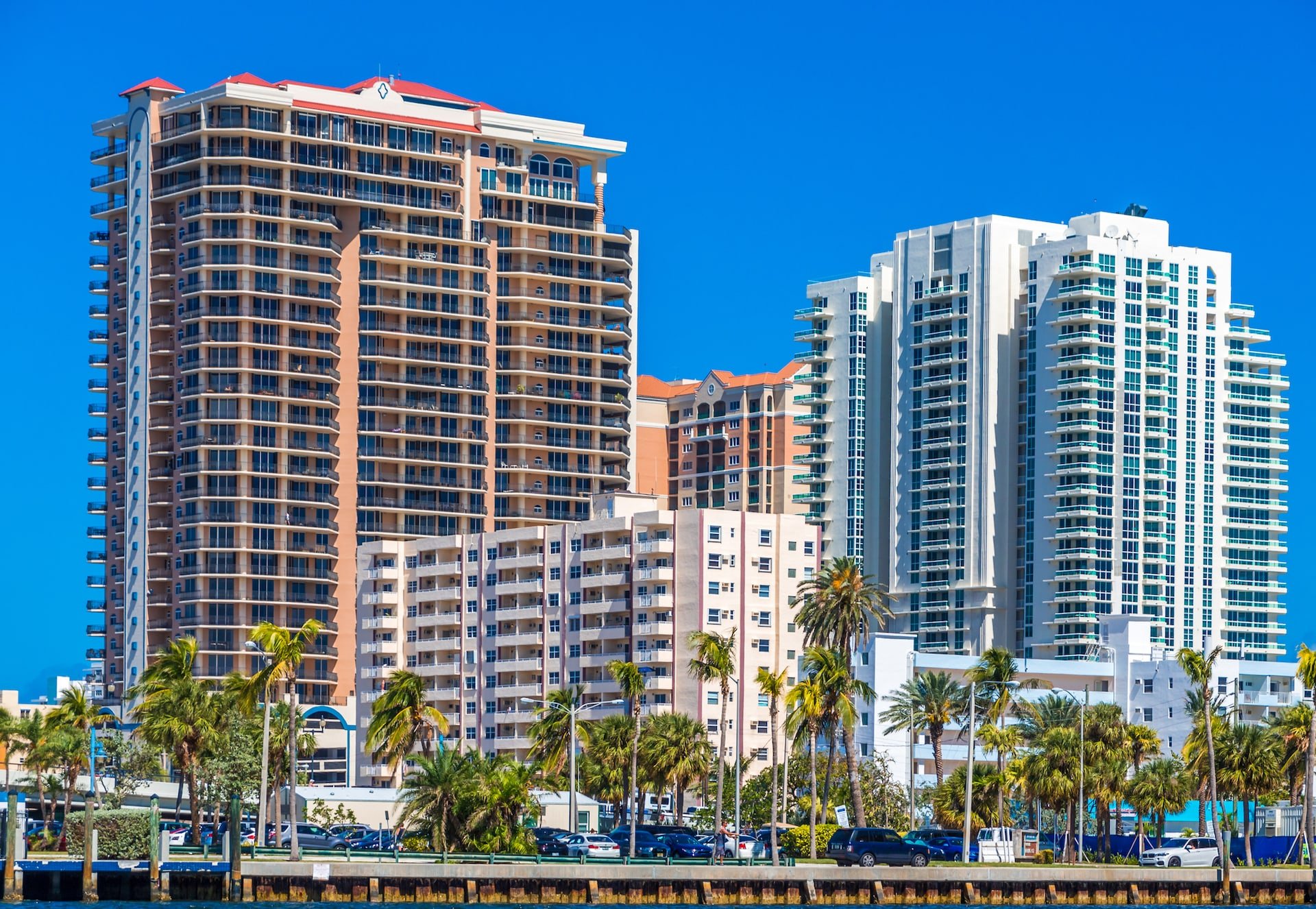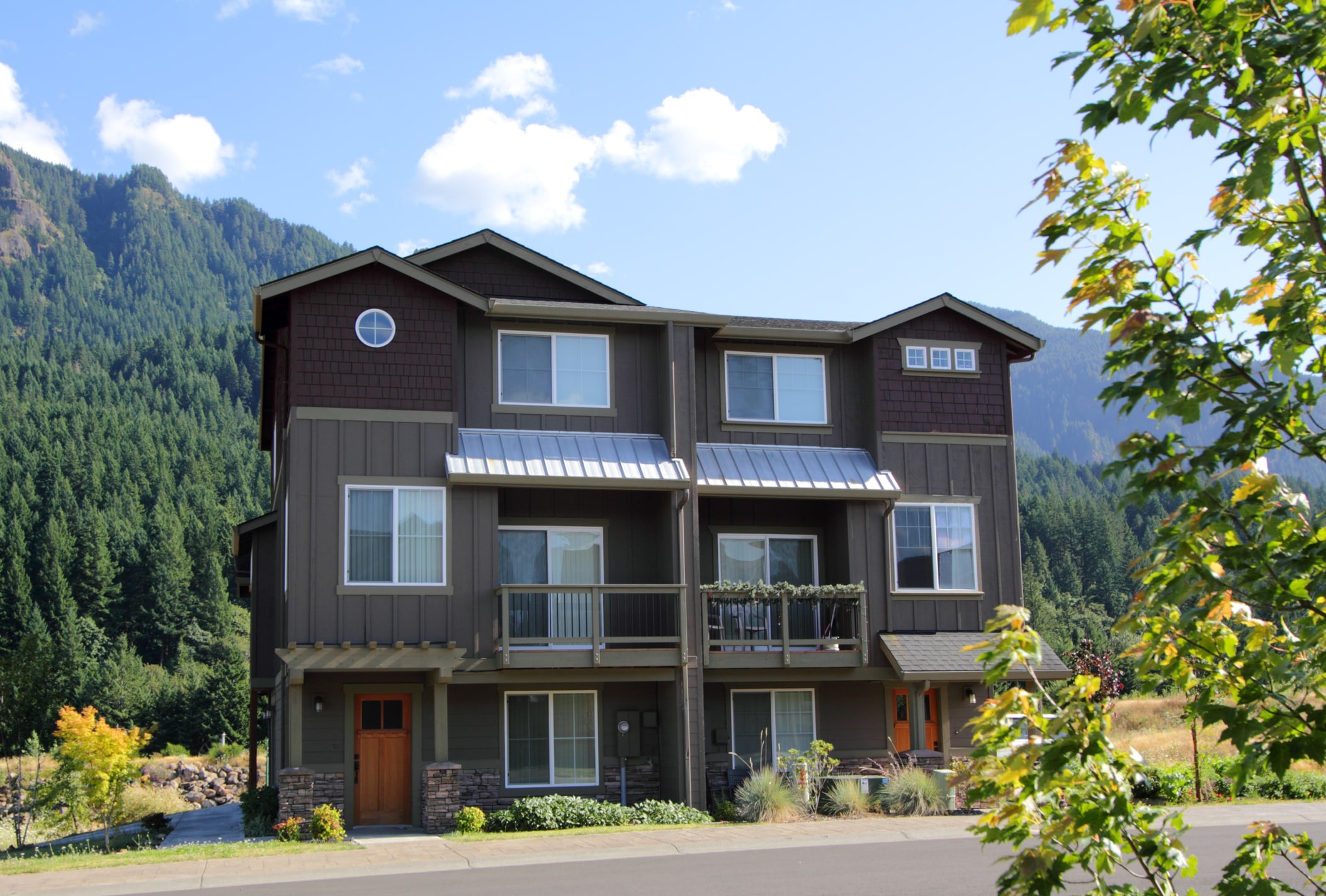What are the Different Types of Foreign National Mortgages?
If you're a foreign national planning to finance a residential property in the United States, this article explains the different types of foreign...

First Capital Trust Deeds (FCTD) specializes in mortgages for real estate investors and has originated many foreign national investment property loans for our clients. Since FCTD is known for hard money and private money lending, real estate agents representing foreign national investor buyers call us asking for hard money bridge loans that can close quickly. After closing, their reasoning goes, the investors can figure out what to do for long-term financing.
Many times, FCTD has delivered on the hard money bridge loan and then worked with the foreign investor to secure long-term financing. In this article, I’ll discuss the four types of institutional loan programs along with hard money loans that FCTD originates for our foreign national investor clients:
Let’s get started.
As I discussed in the article on the different types of foreign national mortgages, conforming loans are mortgages purchased by U.S. government-backed mortgage companies, Fannie Mae and Freddie Mac. Fannie and Freddie don't issue new loans. Instead, they buy loans from banks and mortgage lenders in the secondary mortgage market, allowing banks and lenders to free up capital to make more loans.
The loans are called “conforming” because they conform to Fannie and Freddie’s standards. Conforming loans offer the lowest interest rates and fees on the market. If you can qualify for a conforming loan, you’ll be in a great position to benefit from the long-term real estate investment.
In order to qualify for a conforming investment property loan as a foreign national, you’ll need to meet these criteria:
Conventional loans are similar to conforming loans in that most have a 30-year term. However, conventional loans are not sold in the secondary market to Fannie Mae and Freddie Mac. The two types of conventional loans are non-qualified mortgages (NonQM) and jumbo mortgages. (I’ll discuss the most common NonQM loan, debt service coverage ratio [DSCR], a little further down in the article).
Jumbo mortgages are used by foreign national investors to finance high-end investment properties, often up to $5 million. Some lenders offer programs that don't require a FICO score or SSN requirements. The trade-off, however, is that these loans can and probably will require a 50% down payment, two appraisals, and an underwriting timeline of 45-60 days to complete the loan. (This is why real estate agents want hard money to first get their clients into a property quickly, then work on financing.)
I’ve written about the benefits of bank portfolio mortgages for foreign national borrowers in several places on our website. If a foreign national borrower is bringing over large deposits to the United States, it’s smart to apply for a mortgage on an investment property with their bank. FCTD works with a few banks that will do foreign national investment mortgages, and we also refer borrowers to bankers that may be a better fit for their situation.
If a foreign national has multiple bank accounts with substantial deposits, the bank will most likely provide mortgages for their primary residence, second home(s), and investment properties. Deposits and assets under management are the lifeblood of banking. The more money with a bank, the more likely a foreign national investor can obtain investment property mortgages.
Foreign national investors can use DSCR loans to finance residential 1-4 unit investment properties. DSCR loans can be some of the easiest to obtain. I say they’re easy because I've originated a few hundred DSCR loans over the years and they’re my favorite kind of loan to work on.
As a foreign national investor, you’ll want to know these details about DSCR loans:
I like originating DSCR loans for investors and think they're an excellent program for foreign national investors to invest in the United States.
Hard money bridge loans are FCTD’s specialty. I do more DSCR loans, but my partners do more hard money loans. The company originates 400-450 hard money loans each year for real estate investors, including several for foreign national investors buying properties in the United States.
Hard money financing is great because the loans can close quickly as they're primarily underwritten based upon the value of the underlying asset — the real estate used as collateral for the loan.
On the negative side, they come at a higher price than conforming, conventional, bank, and DSCR loans. The closing costs and interest rates are simply higher.
Hard money loans are available to investors when their needs can't be filled by institutional financing. They're considered loans of last resort, which is okay. That’s what they’re intended to be.
Conclusion
Foreign national investment property loans are available from these types of lenders: conforming, conventional, banks, DSCR, and hard money. Realtors for foreign investors often contact FCTD about using hard money to close quickly on an investment property. The goal is to acquire the property first and work on the financing second — just as soon as the borrower and/or the property has been stabilized. Once stabilized, foreign national investors take out long-term financing, which improves their net cash flow and return on investment.

If you're a foreign national planning to finance a residential property in the United States, this article explains the different types of foreign...

You're a foreign national searching for a hard money loan to purchase U.S. property. Before you get any further, you need to work through multiple...

Foreign national DSCR investment property loans are an excellent program for non-U.S. citizens to purchase or refinance residential, 1-4-unit rental...